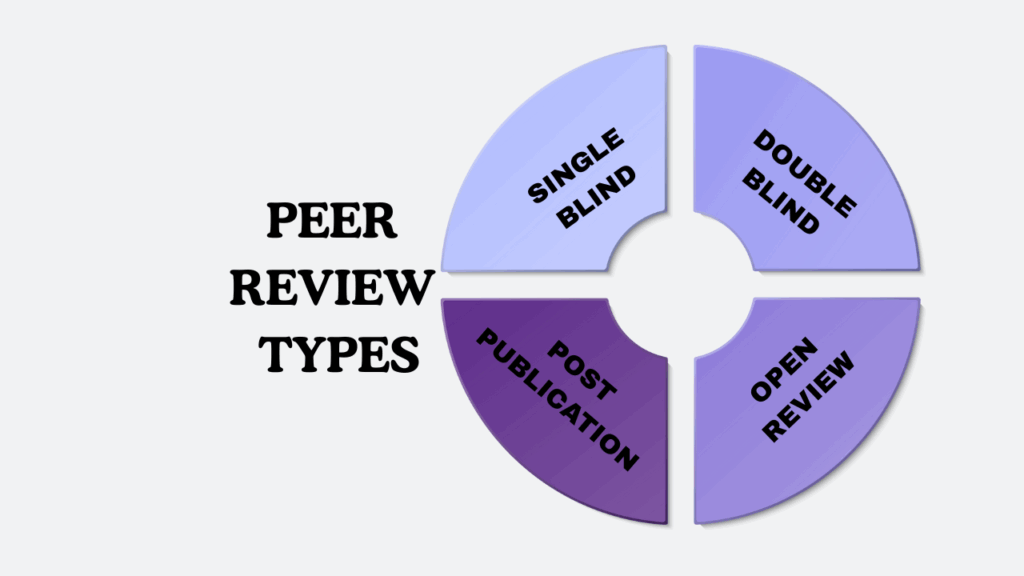Cambridge University Press launches a journal to boost reproducibility of results and transparency of reviews

Cambridge University Press recently launched a journal to boost reproducibility in scientific research and provide transparency to the peer review process. Named Experimental Results, the journal will publish results of experiments conducted in various STM disciplines regardless of whether the results are negative, inconclusive, or supplementary to previously published work. The journal will also allow researchers to submit papers reproducing the results of previous studies and even those disputing earlier findings. Thus, apart from dealing with the challenge of reproducibility of results, the journal seeks to address the bias journals and researchers tend to have toward positive results.
Such a journal was needed, believes Fiona Hutton, Head of STM Open Access publishing at Cambridge University Press, because a complete scientific paper tends to tell a narrative, integrating the results with the other sections. In reality, however, “research results are often confusing, inconclusive, or don’t fit a narrative,” she says. Hutton also believes “discovery is damaged” when the focus is more on the paper than the output.
Conceptualized by Hutton, Experimental Results will aim to reflect the actual research process. She elaborates on the vision of the journal: “Openly available raw results for experiments could also be used and interrogated in different ways; ways that the original researcher did not identify, further facilitating discovery and justifying investment in that research.”
Caroline Black, Director of STM Publishing at the Press, added that the need for the open access journal was felt because the community and public are seeking alternative types of publication. Like Hutton, she is of the opinion that academic publishing is “not all about the traditional journal article, complete with introduction, discussion, and conclusion setting out the importance of the results.”
Apart from focusing on standalone research results, Experimental Results aims to bring into spotlight peer reviewers. Reviews will be published alongside the papers with their own DOIs, thus acknowledging reviewers’ contributions. Additionally, as a reward, reviewers will be able to avail discounts on papers they submit to the journal for publishing.
The journal seems to reflect an increasing trend among the community to publish separate papers for each stage of a study. However, there can be a downside to this fragmentation of content. As one researcher noted in a recently published peer review survey, “Sometimes, research is part of a larger and complex subject. Taking that small part from the context may have influence on the final results.”
Will that be the case? Or will the journal indeed further the cause of results and peer reviews? We shall know in the time to come.
Related reading:
- Publication bias against negative results leads to author’s distress [Case study]
- How publishing replication studies and negative results helps science [Slide deck]
- Irreproducibility: The soft underbelly of science
- Can we fix the reproducibility crisis that is plaguing science?
References:




